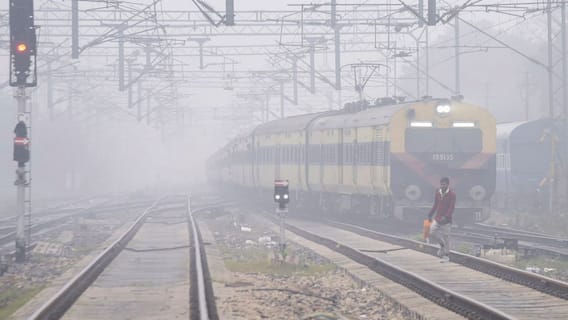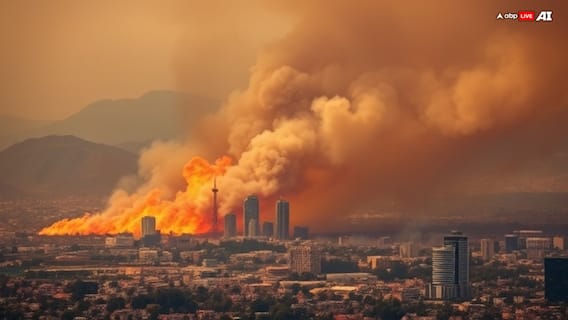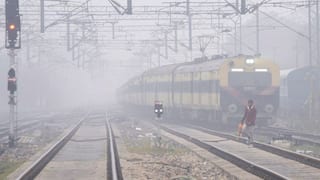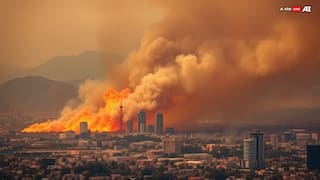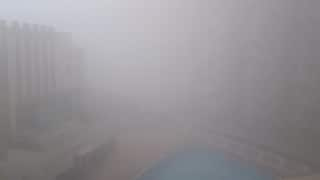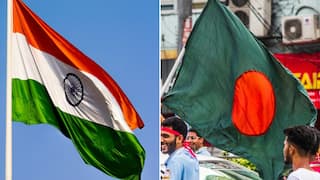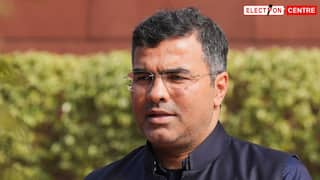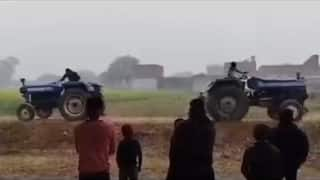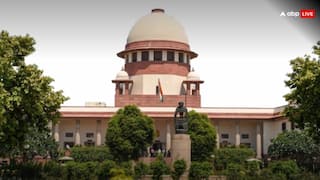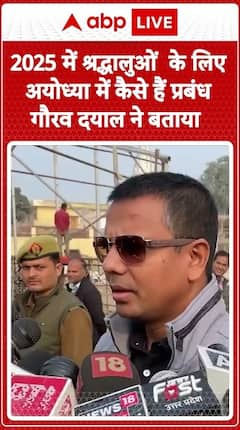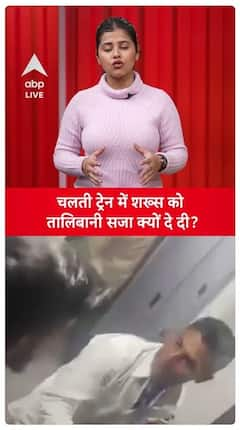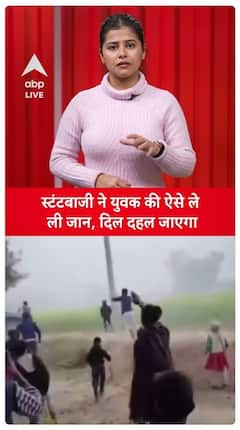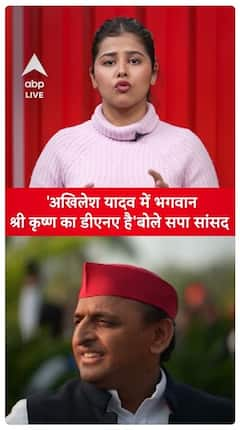Mexican leader meets with Salvador president amid crackdown
San Salvador, May 7 (AP): Mexican President Andrés Manuel López Obrador met with his Salvadoran counterpart, Nayib Bukele, but did not mention rights complaints about El Salvador's massive roundup of suspected street gang member.
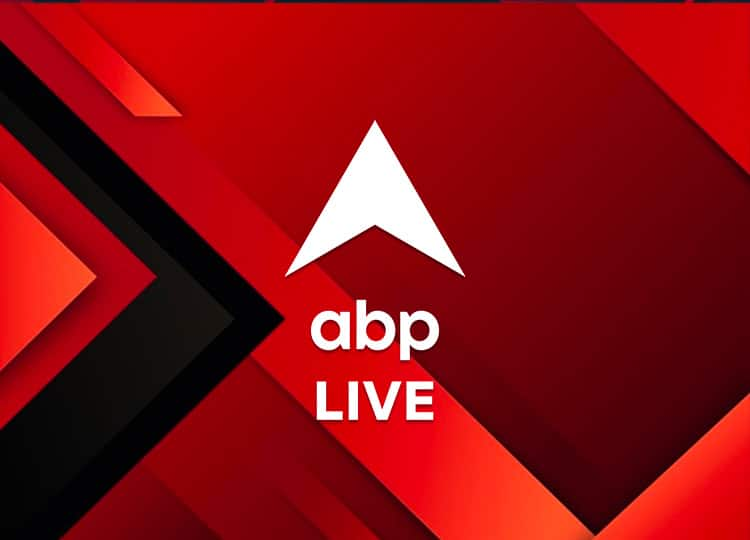
San Salvador, May 7 (AP): Mexican President Andrés Manuel López Obrador met with his Salvadoran counterpart, Nayib Bukele, but did not mention rights complaints about El Salvador's massive roundup of suspected street gang members.
The two leaders' approach to high levels of homicides — a pressing problem in both countries — couldn't be more different. López Obrador espouses a "hugs not bullets" non-confrontational policy, while Bukele brags about 24,000 arrests in just over a month and cutting food rations for inmates.
But the focus Friday, at least in public remarks, were the concerns about immigration and the Mexican president's desire for development aid so that people in Central America won't feel forced to emigrate.
As in Guatemala — the first stop on López Obrador's five-day tour to four Central American countries and Cuba — he touted his pet program, known as "Planting Life," which pays farmers a monthly wage to plant and care for fruit and lumber trees.
The tree-planting programme has been criticised in Mexico for being designed as a social programme without the necessary environmental science input. Scientists have noted that planting commercial species of trees could actually damage some ecosystems. And there are reports farmers have cleared natural forest — which they don't make much money from — to plant trees and get paid for it.
When it was launched, López Obrador promoted it as a way to keep rural farmers on their land and relieve the pressure to migrate. He rarely mentioned an environmental benefit until coming under more criticism for his promotion of polluting industries and attempting to get the US government to fund an expansion of the programme.
Mexico is also funding a programme of workplace apprenticeships for unemployed youths. Critics say both programmes lack accountability and transparency.
López Obrador has helped fund the expansion of the programs to El Salvador and Guatemala. But he has criticised American officials for being loath to fund his programmes.
"It would be expected that the US government and Congress would hand over the USD 4 billion that President (Joe) Biden offered to invest in these programmes," López Obrador said. In fact, US officials have long indicated they would invest in their own development programmes.
"We don't have to be waiting and we cannot depend on anybody," the Mexican leaders said. "We have to make use of our right to self-determination as free and sovereign people." López Obrador is later scheduled to visit Honduras, Cuba and Belize.
It is only be the third overseas trip in more than three years for López Obrador, who is fond of saying that the best foreign policy is good domestic policy. The tour is an opportunity for Mexico to reassert itself as a leader in Latin America and will be welcomed by some leaders under pressure from the US government and others for their alleged anti-democratic tendencies.
Both geographically and metaphorically, Mexico finds itself wedged between the United States and the rest of Latin America. López Obrador has deflected criticism dating to the Trump administration that his government is doing Washington's dirty work in trying to stop migrants before they reach the US border.
López Obrador will be received in Central America, in part, as an emissary of the United States when it comes to migration policy.
The US government has been trying to build consensus ahead of the June Summit of the Americas in Los Angeles to cement a regional approach to managing migration flows. In recent years large numbers of Central Americans, but also Haitians, Cubans, Venezuelans, Colombians and migrants arriving from other continents, have made their way up through the Americas.
The Central America tour is an opportunity for López Obrador to show some independence from the United States. López Obrador has criticised the US economic blockade of Cuba and he said that he told US officials that no country should be excluded from the Summit of the Americas. The Biden administration has signalled that Cuba, Venezuela and Nicaragua would not be invited. (AP) DIV DIV
(This story is published as part of the auto-generated syndicate wire feed. No editing has been done in the headline or the body by ABP Live.)
Trending News
Top Headlines







